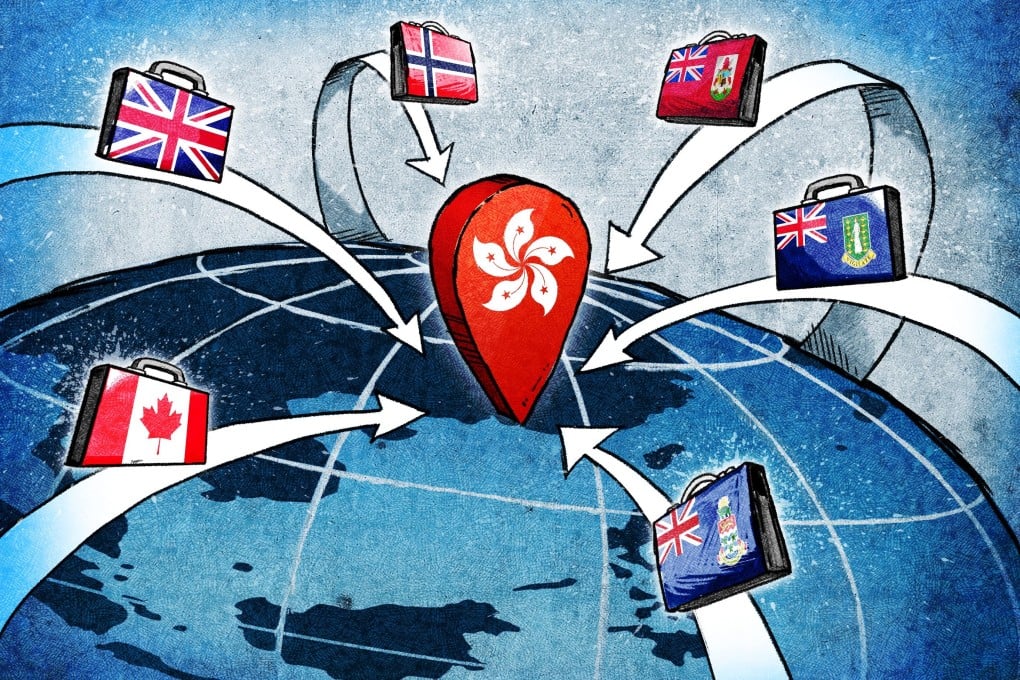In a striking move underscoring its commitment to policing the competitive practices of major tech corporations, the European Union has fined Meta Platforms €798 million (about $840 million). The EU’s executive body, the European Commission, argues that Meta has breached antitrust laws by bundling its classified ads service, Facebook Marketplace, with its widely used social media platform, Facebook. The Commission’s statement claims Meta engaged in “abusive practices,” tying Facebook Marketplace to its social network in ways that stifled competition and established trading conditions deemed unfair for other online classified ad service providers operating in the EU.
The crux of the EU’s case lies in the competitive advantage Meta allegedly gained by embedding Marketplace within Facebook’s global platform. This integration allows Marketplace to instantly access Facebook’s vast user base, giving it an edge over other online classified ad services that must build their audiences independently. The Commission contends that this setup creates an unfair environment in which rival services face an uphill battle to reach users without the benefit of Facebook’s existing infrastructure. This two-year investigation was initially launched in June 2021, and by December 2022, the EU formally raised anticompetitive concerns, which have now culminated in this significant penalty.
Meta has vowed to appeal, standing firm in its stance that users retain the freedom to interact with Marketplace as they choose, without compulsion. A Meta spokesperson underscored that Facebook users are not required to engage with Marketplace and that many indeed choose not to. The company also asserts that no conclusive evidence was presented to show that Meta’s integration of Marketplace actually harmed competing platforms or online marketplaces in the EU.
Facebook Marketplace, launched in 2016, provides a localized service for users to buy and sell items within their communities. The platform rapidly grew in popularity, expanding across various European countries by 2017. Meta contends that the option to use Marketplace is a discretionary feature available to users, not a mandatory function. However, the EU argues that by embedding the service within the Facebook app, Meta makes it difficult for European users to avoid Marketplace, giving it a strategic advantage that competing online classified ad services lack.
The EU’s fine is only one of several recent actions the bloc has taken against leading tech companies, with the Commission keen on establishing clearer boundaries for fair competition in the digital sector. For Meta, this financial penalty may signal broader regulatory implications, as antitrust violations in the EU can lead to fines of up to 10% of a company’s global revenue. The EU’s decision highlights the significance of regulatory enforcement as a means to prevent monopolistic practices, as it aims to level the playing field in the online marketplace and curb the power of industry giants to unilaterally influence market dynamics.







